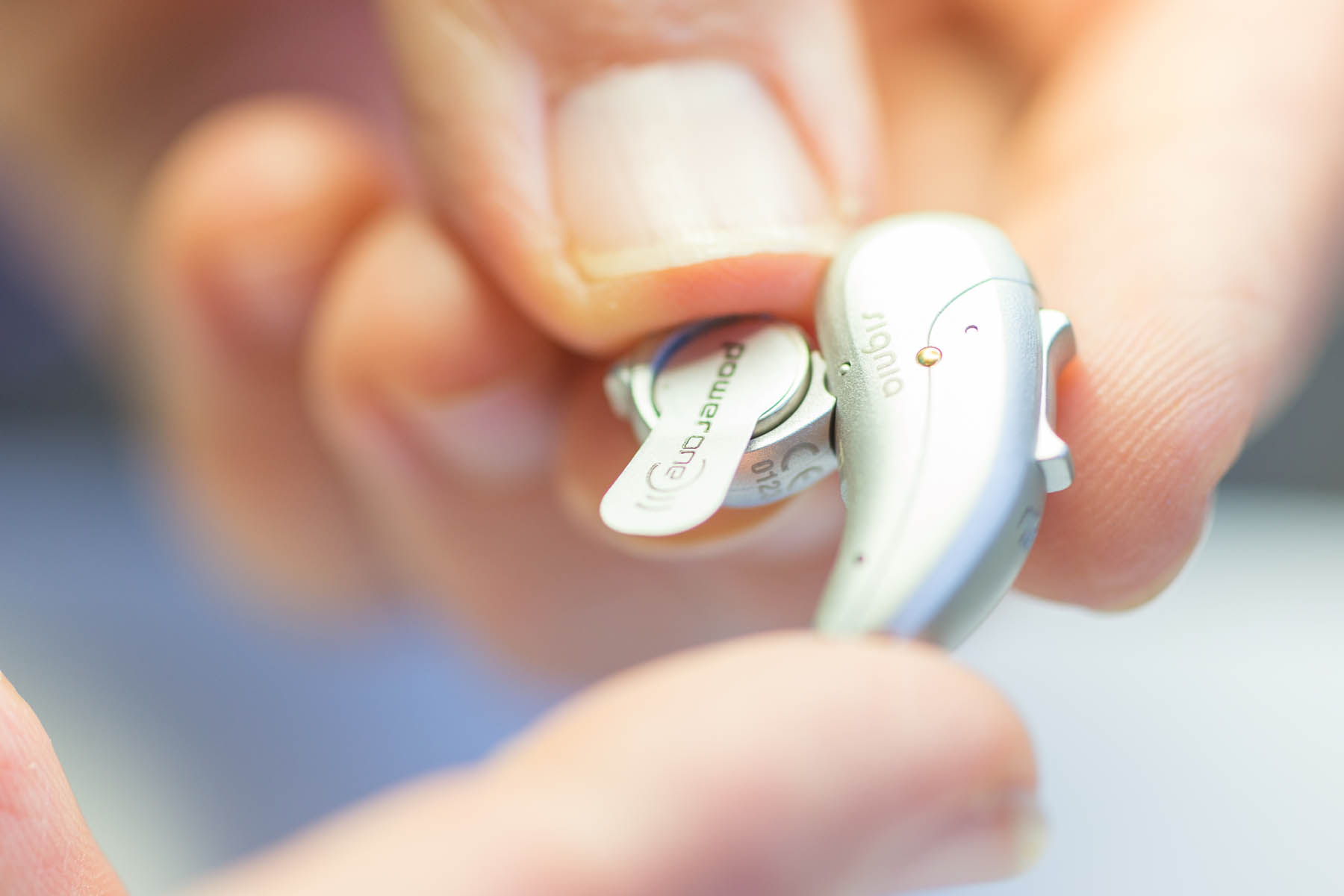

Articles
How To Store Hearing Aid Batteries
Modified: January 19, 2024
Learn how to properly store your hearing aid batteries with our informative articles.
(Many of the links in this article redirect to a specific reviewed product. Your purchase of these products through affiliate links helps to generate commission for Storables.com, at no extra cost. Learn more)
Introduction
When it comes to managing any type of technology that relies on batteries, proper storage is crucial. This is especially true for hearing aid batteries, as they play a vital role in ensuring clear and effective communication for individuals with hearing loss. By understanding the importance of proper storage and implementing best practices, you can prolong the lifespan and maximize the performance of your hearing aid batteries.
Hearing aid batteries are small but powerful devices that provide the necessary energy for hearing aids to function optimally. They come in different sizes, such as 10, 312, 13, and 675, and are typically made of zinc-air chemistry. These batteries are designed to be long-lasting and provide consistent power to ensure uninterrupted usage of hearing aids.
However, many people overlook the significance of proper storage for hearing aid batteries. Improper storage can lead to reduced longevity, diminished performance, and even potential damage to the batteries. That’s why it’s essential to understand the factors to consider and follow best practices for storing your hearing aid batteries.
In this article, we will explore the importance of proper storage for hearing aid batteries, discuss the factors to consider when storing them, highlight best practices, and point out common mistakes to avoid. By the end, you’ll have a comprehensive understanding of how to store your hearing aid batteries effectively.
Key Takeaways:
- Proper storage of hearing aid batteries is crucial for preserving their lifespan, preventing damage, and ensuring consistent performance for your hearing aids. By following best practices, you can save money and enhance your overall experience with hearing aids.
- Avoid common mistakes such as exposing batteries to air, mixing different sizes, and ignoring expiration dates when storing hearing aid batteries. By being mindful of these pitfalls, you can sustain the effectiveness and reliability of your batteries over time.
Importance of Proper Storage for Hearing Aid Batteries
Proper storage of hearing aid batteries is crucial for maintaining their performance and longevity. Here are some key reasons why it’s important to pay attention to how you store your hearing aid batteries:
- Preserving Battery Life: Hearing aid batteries have a shelf life, even when they are not in use. By storing them properly, you can help preserve their overall lifespan. Proper storage ensures that the batteries maintain their charge and remain in optimal condition for when you need them.
- Preventing Leaks and Damage: Mishandled or improperly stored batteries can leak or become damaged, potentially harming your hearing aids. Leaking batteries can corrode the internal components of your hearing aids, leading to costly repairs or even rendering the devices unusable. By storing batteries correctly, you can minimize the risk of leaks and damage.
- Consistent Performance: Hearing aids rely on a consistent and reliable power source to function effectively. Improperly stored batteries can lose their charge more quickly, resulting in inconsistent performance and reduced battery life. By storing batteries properly, you can ensure that your hearing aids consistently receive the necessary power to perform optimally.
- Cost-Efficiency: Hearing aid batteries can be expensive, and constantly replacing them due to improper storage or premature depletion can significantly increase the cost of maintaining your hearing aids. Storing batteries properly can help extend their lifespan, saving you money in the long run.
- Convenience and Accessibility: Properly stored batteries are easier to find and access when you need them. Organizing and storing your batteries in a designated location can save you time and frustration, allowing you to quickly replace depleted batteries without disrupting your daily routine.
Overall, understanding the importance of proper storage for hearing aid batteries is essential for ensuring optimal performance, longevity, and cost-efficiency. By implementing the right storage practices, you can preserve the life of your batteries, prevent leaks and damage to your hearing aids, maintain consistent performance, and save money in the process.
Factors to Consider when Storing Hearing Aid Batteries
When it comes to storing your hearing aid batteries, there are several factors to keep in mind to ensure their safety and longevity. Consider the following factors when storing your hearing aid batteries:
- Temperature: Temperature plays a significant role in the lifespan and performance of hearing aid batteries. It is important to store them in a cool and dry place, as extreme heat or cold can negatively affect the batteries. Avoid storing them near direct sunlight, heaters, or in excessively humid areas.
- Air Exposure: Hearing aid batteries are activated when a small adhesive tab covering a tiny vent hole is removed. Once exposed to air, the batteries begin to generate power. To prevent premature battery drain, it’s crucial to store them in airtight containers or packaging until you’re ready to use them.
- Proximity to Other Objects: When storing hearing aid batteries, avoid placing them in close proximity to metal objects or other batteries. Metal objects can cause short circuits, while contact with other batteries can lead to drain or discharge. It is best to store batteries separately to avoid any potential issues.
- Clean and Dry Environment: Make sure the storage area for your hearing aid batteries is clean and dry. Moisture or dirt can damage the batteries and impair their performance. Keep the storage area free from any contaminants or liquids that could potentially compromise the batteries.
- Organized Storage: Keeping your hearing aid batteries organized is essential for easy access and to prevent confusion. Consider using a storage case or container with separate compartments for each battery size. This will help you keep track of your battery inventory and ensure you can quickly find the right size when needed.
By considering these factors when storing your hearing aid batteries, you can extend their lifespan, prevent damage, and ensure that they are always ready for use. Taking the time to store your batteries properly will not only improve their performance but also make your overall experience with hearing aids more convenient and hassle-free.
Store hearing aid batteries in a cool, dry place at room temperature. Avoid storing them in extreme heat or cold, as it can affect their performance. Keep them in their original packaging to prevent contact with metal objects.
Best Practices for Storing Hearing Aid Batteries
To ensure the longevity and optimal performance of your hearing aid batteries, it’s important to follow these best practices for storage:
- Buy Fresh Batteries: Purchase hearing aid batteries from reputable sources and check the expiration dates before buying. Fresh batteries have a longer lifespan, ensuring you get the most out of them.
- Keep Batteries in Original Packaging: Store your hearing aid batteries in their original packaging until you’re ready to use them. The packaging is designed to protect the batteries from exposure to air and moisture, prolonging their shelf life.
- Use Airtight Containers: If you remove batteries from their original packaging, store them in airtight containers. These can be small storage cases specifically designed for hearing aid batteries, or even resealable plastic bags. This helps prevent air exposure and keeps the batteries protected.
- Avoid Extreme Temperatures: Store your hearing aid batteries away from extreme temperatures. Avoid exposing them to direct sunlight, excessive heat, or freezing cold. Temperature fluctuations can affect battery performance and lifespan.
- Check Battery Contacts: Before inserting batteries into your hearing aids, ensure that the contacts are clean and free from any debris or corrosion. Wipe the contacts gently with a clean, dry cloth or a cotton swab if necessary.
- Rotate Battery Stock: If you have multiple hearing aid batteries in storage, remember to rotate your stock. Use the oldest batteries first to ensure they are fresh and have maximum charge when needed.
- Keep Inventory: Keep track of your hearing aid battery inventory to ensure you always have an adequate supply. This will help you avoid running out of batteries and allow you to plan ahead for replacements.
By following these best practices, you can effectively store your hearing aid batteries and ensure they remain fresh, reliable, and ready for use. Proper storage practices not only extend the lifespan of your batteries but also contribute to the overall performance of your hearing aids.
Common Mistakes to Avoid when Storing Hearing Aid Batteries
While it’s important to know the best practices for storing hearing aid batteries, it’s equally crucial to be aware of common mistakes that should be avoided. By avoiding these mistakes, you can ensure the longevity and effectiveness of your batteries:
- Exposing Batteries to Air: One common mistake is leaving hearing aid batteries exposed to air for extended periods. This can cause premature drain and reduce the battery life. Always keep your batteries in their original packaging or airtight containers until you’re ready to use them.
- Mixing Different Battery Sizes: Mixing different battery sizes in the same storage compartment can lead to confusion and accidental usage. Always store different battery sizes separately to avoid inserting the wrong battery into your hearing aid.
- Storing Near Heat Sources: Storing hearing aid batteries near heat sources, such as heaters or direct sunlight, can damage the batteries and reduce their performance. Keep them in a cool and dry place away from any heat-emitting devices.
- Ignoring Expiration Dates: Using expired batteries can result in reduced performance and unexpected battery drain. Always check the expiration date on the packaging and avoid using batteries that have expired.
- Allowing Moisture Exposure: Moisture can cause damage to hearing aid batteries. Avoid storing them in areas with high humidity or near liquids. Keep the storage environment clean and dry to prevent any moisture from affecting battery performance.
- Forgetting to Rotate Stock: Failing to rotate battery stock can lead to the use of expired batteries or ones that have been sitting unused for a long time. Use the oldest batteries first to ensure freshness and optimal performance.
- Not Checking Battery Contacts: Corroded or dirty battery contacts can interfere with the performance of your hearing aid batteries. Regularly check and clean the contacts to maintain good electrical connectivity.
Avoiding these common mistakes will help you store your hearing aid batteries properly and sustain their performance over time. By practicing proper storage techniques and being mindful of potential pitfalls, you can ensure that your hearing aids continue to function optimally and reliably.
Read also: 8 Unbelievable Hearing Aid Dryer For 2024
Conclusion
Proper storage of hearing aid batteries is essential for maintaining their longevity and performance. By following the best practices outlined in this article, you can ensure that your batteries remain fresh, reliable, and ready for use when you need them the most.
Remember to store your batteries in a cool and dry place, away from extreme temperatures and direct sunlight. Keep batteries in their original packaging, or use airtight containers to prevent air exposure and potential premature drain. Avoid mixing different battery sizes and always check expiration dates to ensure you’re using fresh batteries.
Additionally, maintaining a clean and dry storage environment, regularly checking and cleaning battery contacts, and rotating your battery stock are vital aspects of proper battery storage. By implementing these practices, you can extend the lifespan of your hearing aid batteries, prevent damage to your hearing aids, and ensure consistent and reliable performance.
Proper storage not only saves you money by extending the life of your batteries but also enhances your overall hearing aid experience. You’ll have peace of mind knowing that your batteries are always in top condition and ready to power your hearing aids effectively.
So, take the time to properly store your hearing aid batteries, and reap the benefits of longer-lasting, reliable energy sources for your hearing aids. By giving your batteries the care and attention they deserve, you’ll enjoy clear and uninterrupted communication that enables you to fully participate in the world around you.
Frequently Asked Questions about How To Store Hearing Aid Batteries
Was this page helpful?
At Storables.com, we guarantee accurate and reliable information. Our content, validated by Expert Board Contributors, is crafted following stringent Editorial Policies. We're committed to providing you with well-researched, expert-backed insights for all your informational needs.
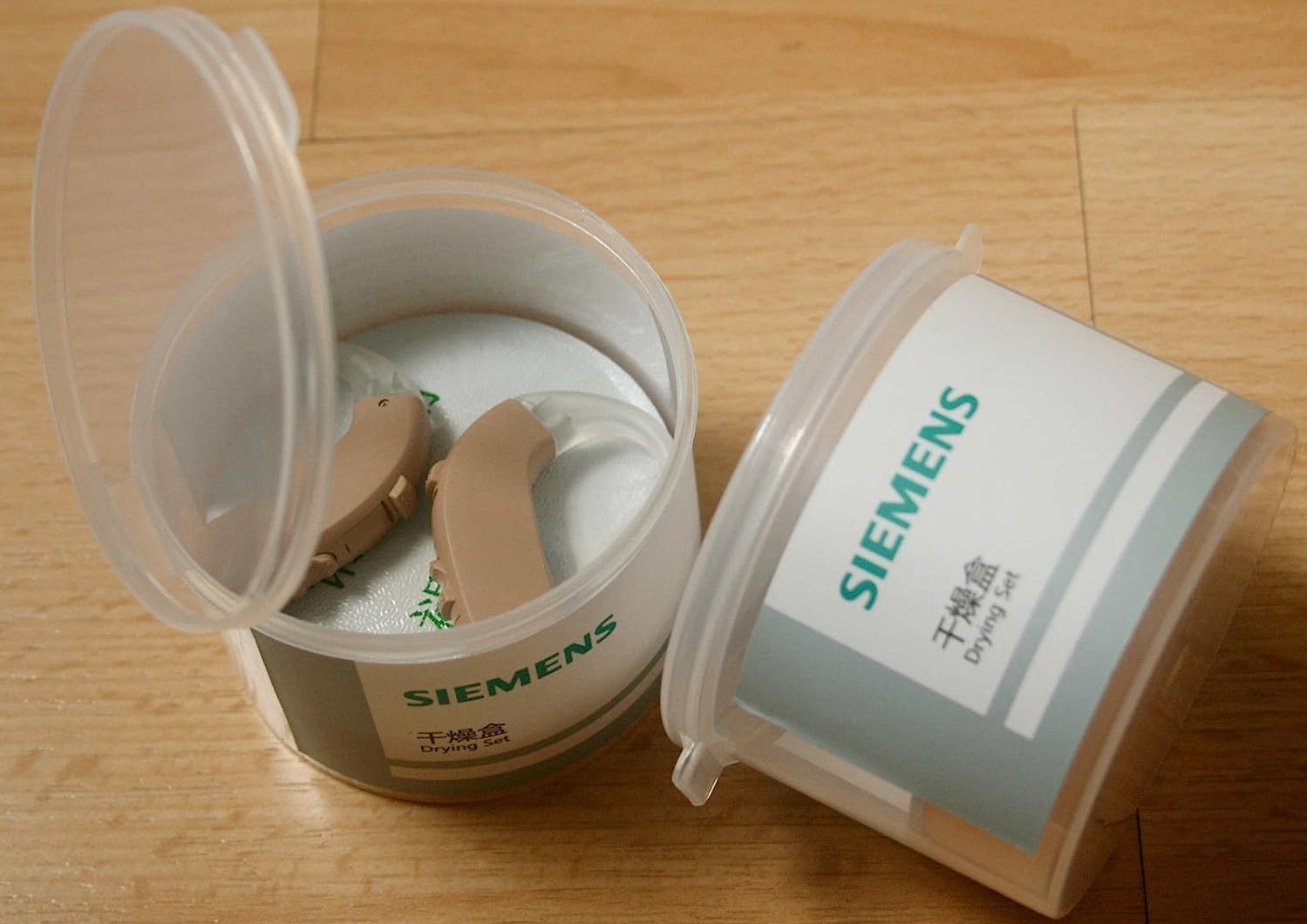

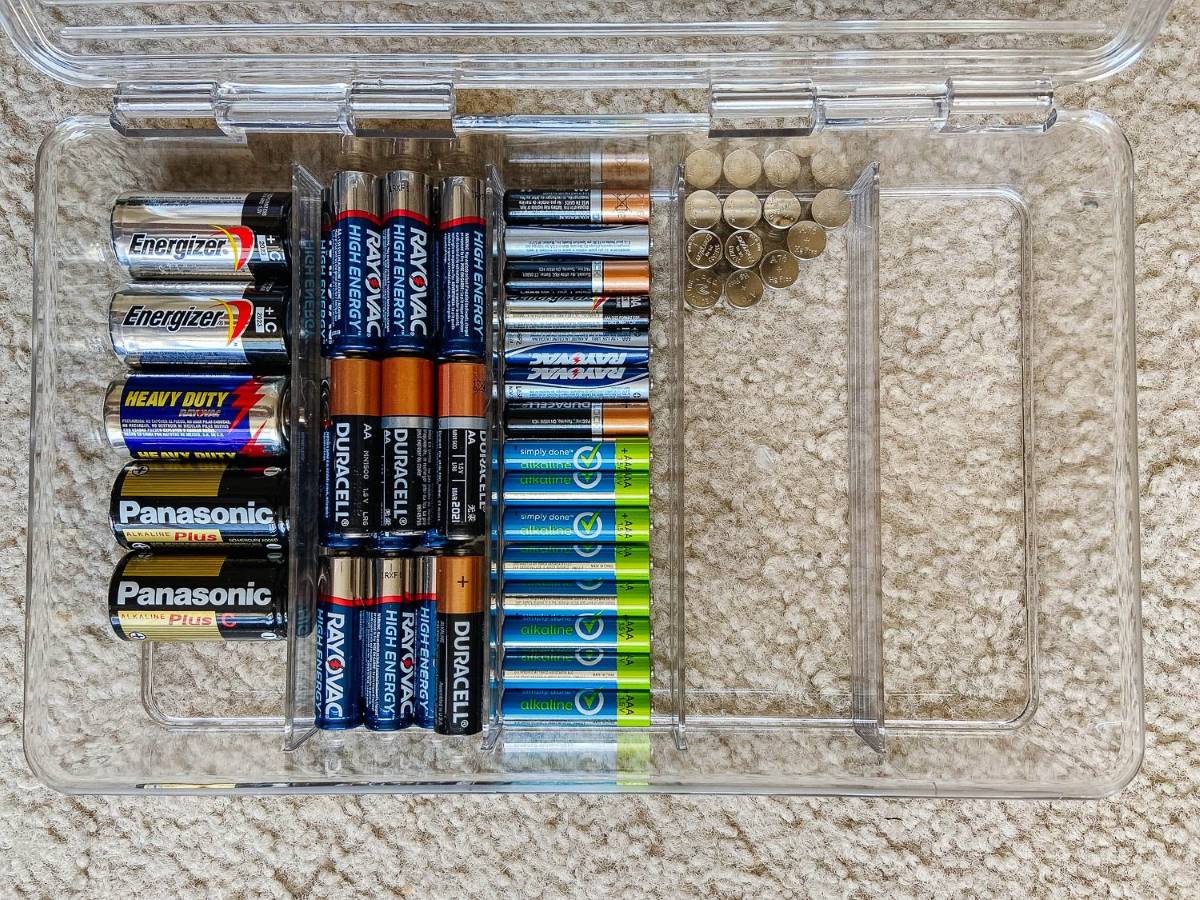
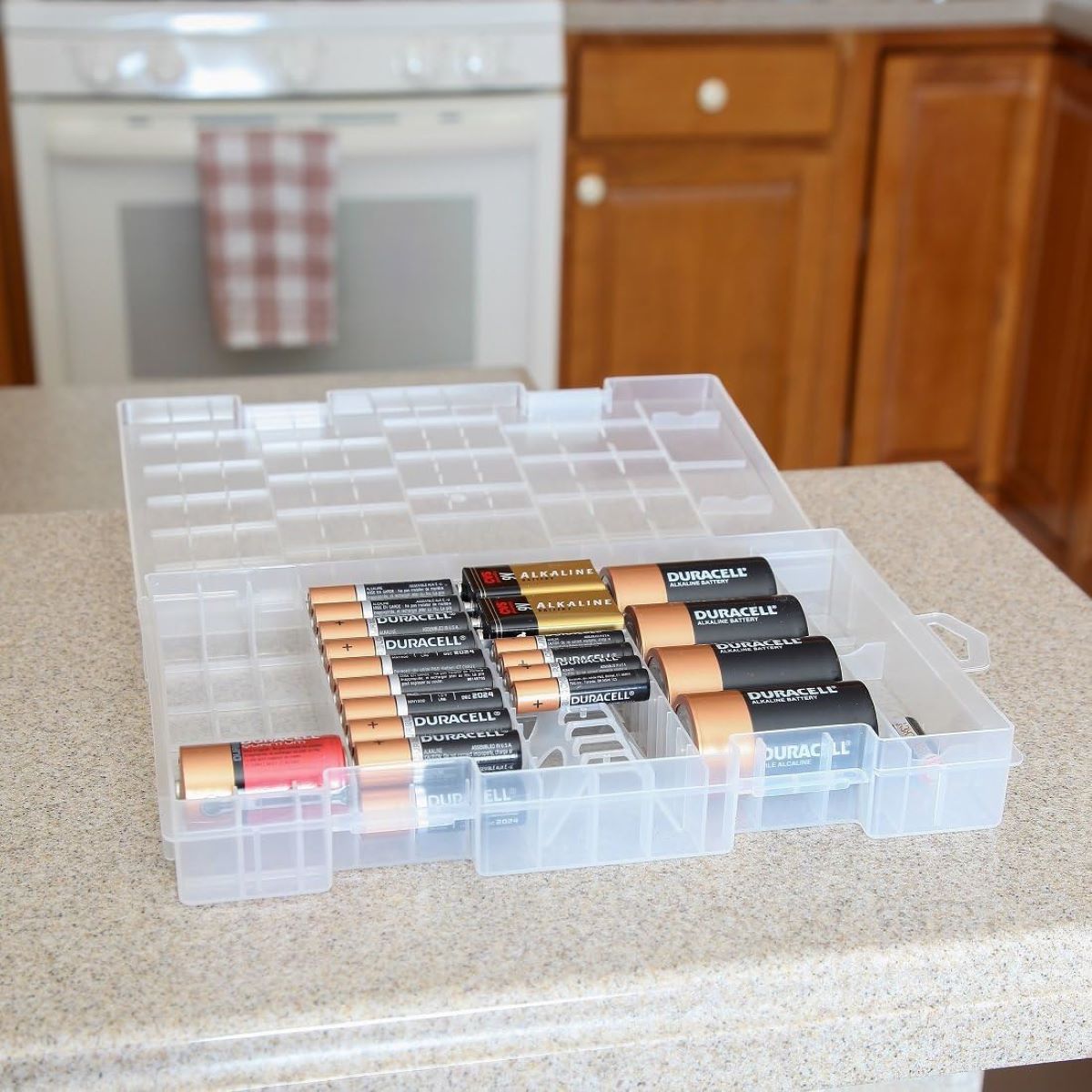
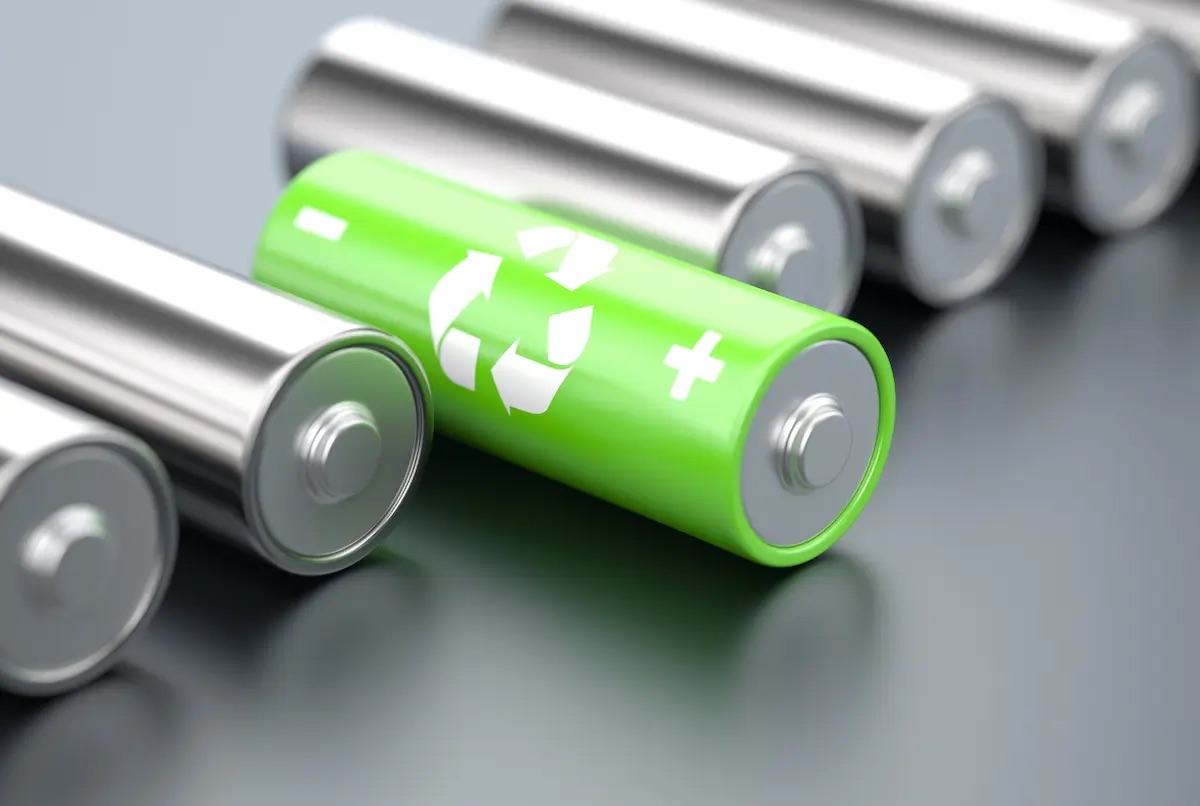
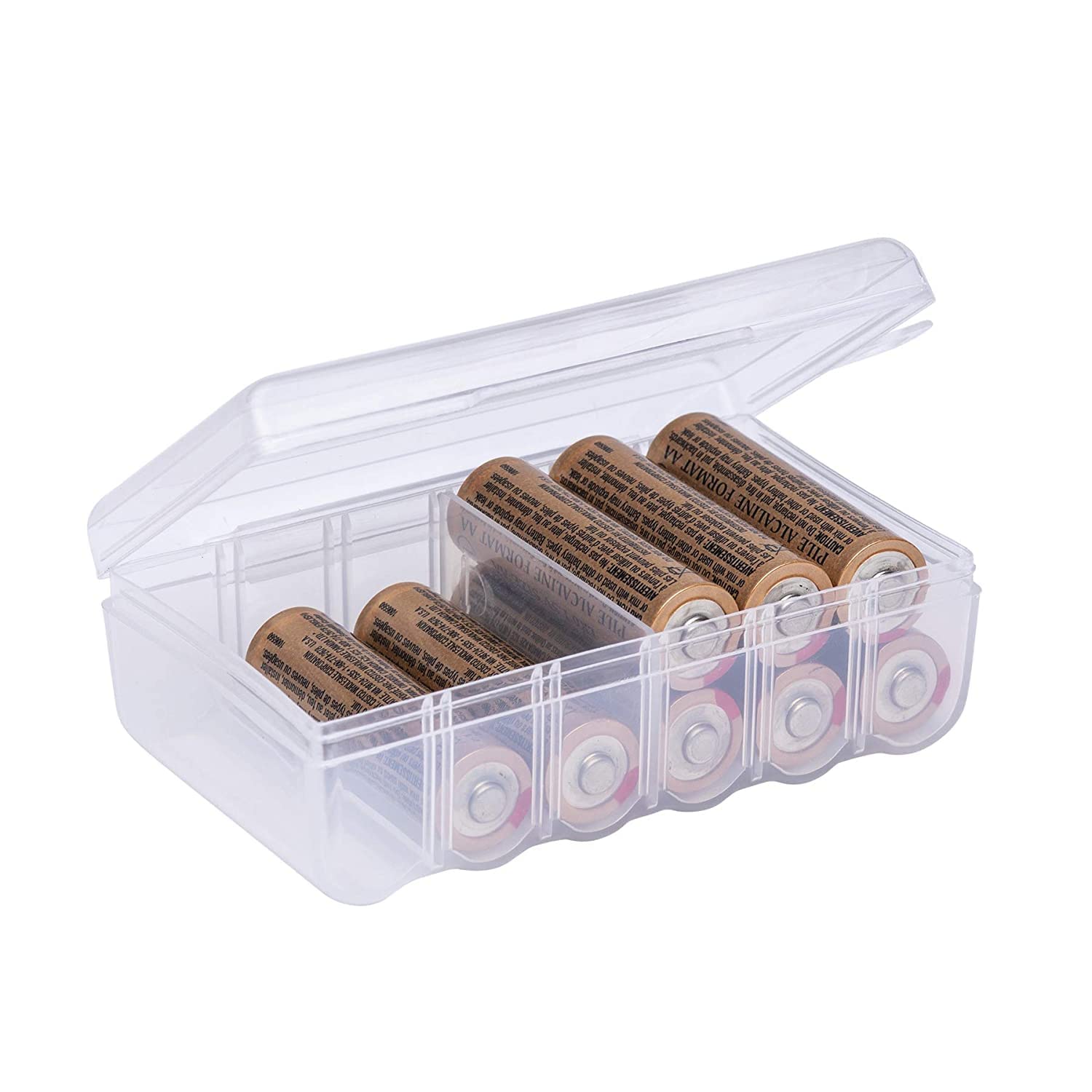
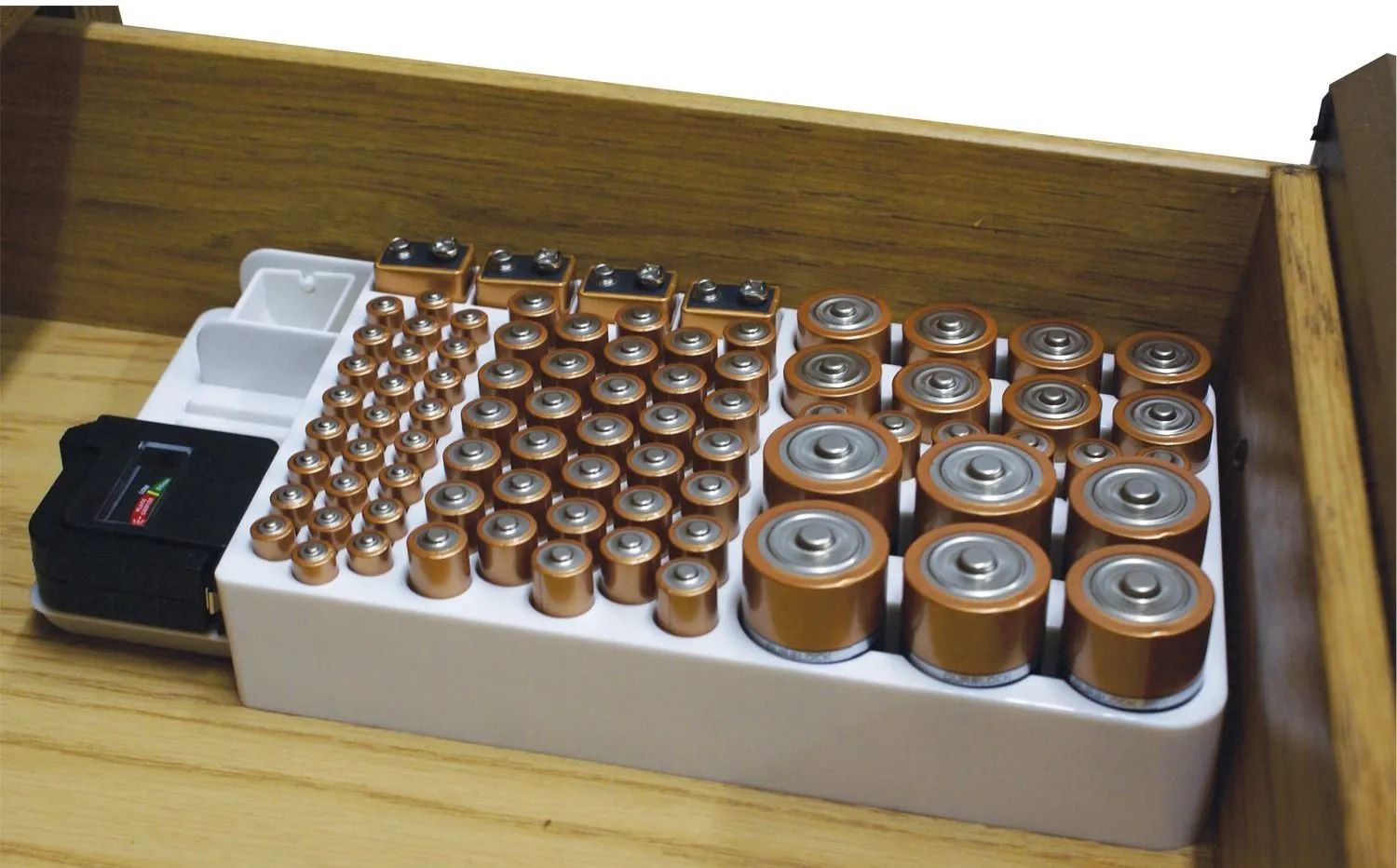
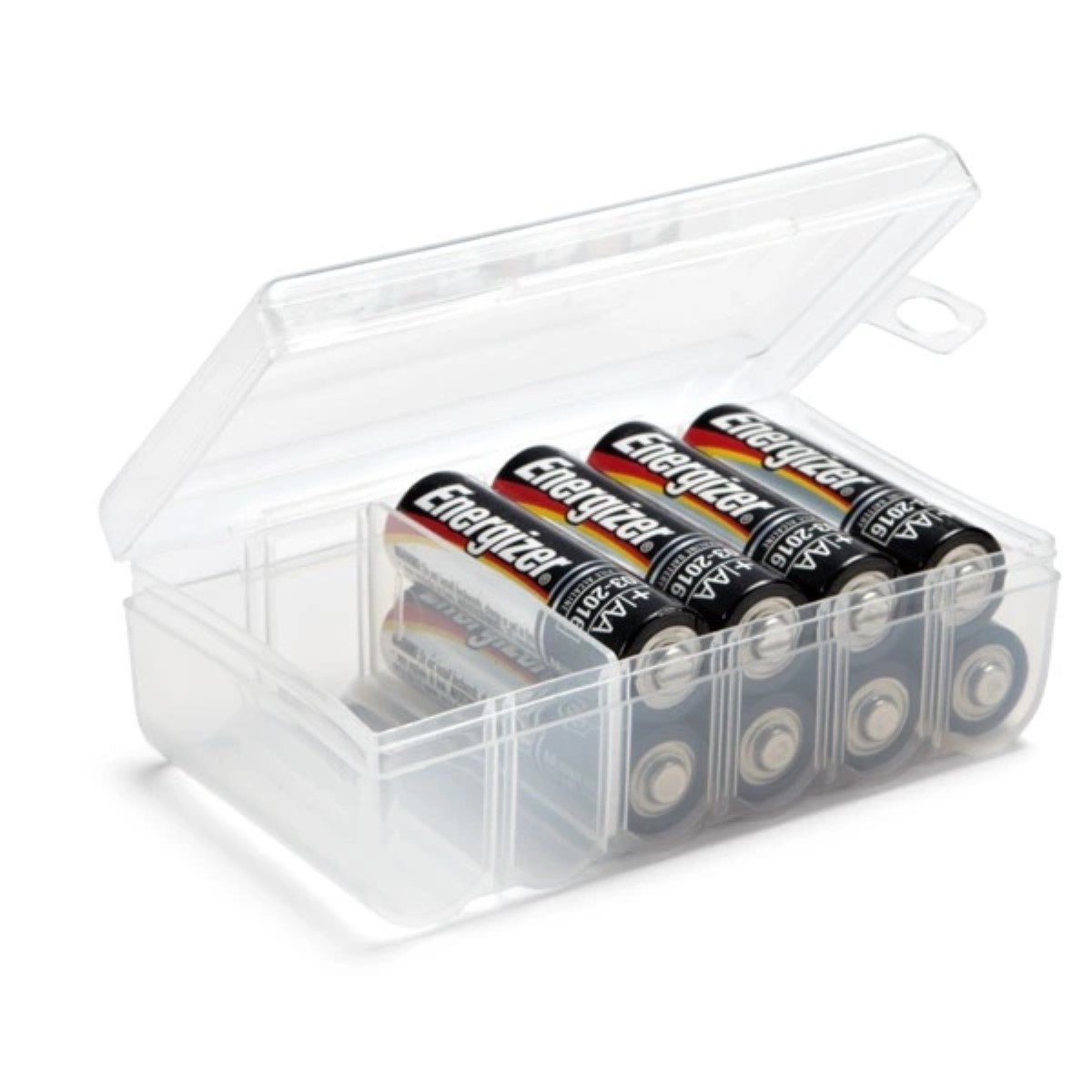
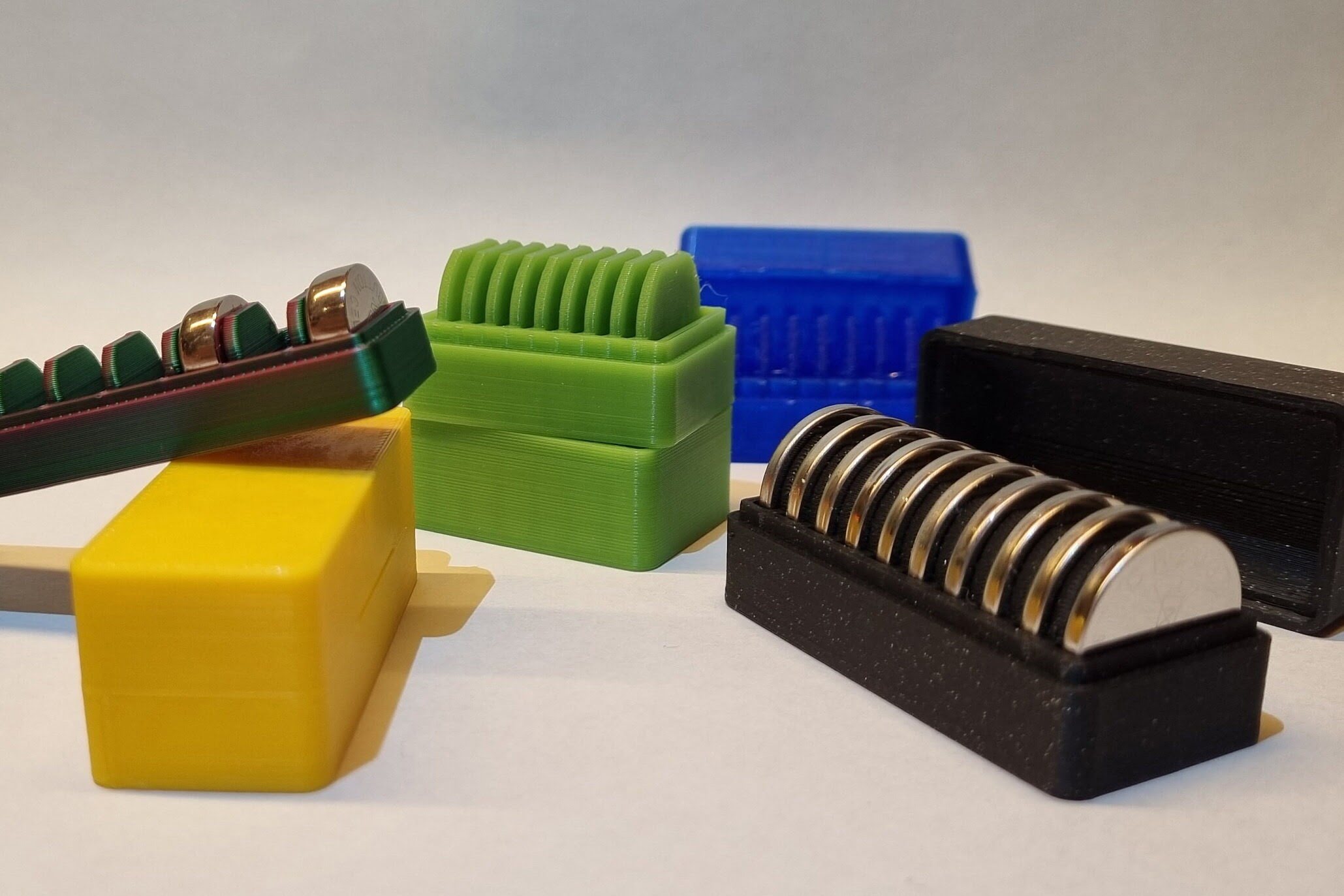
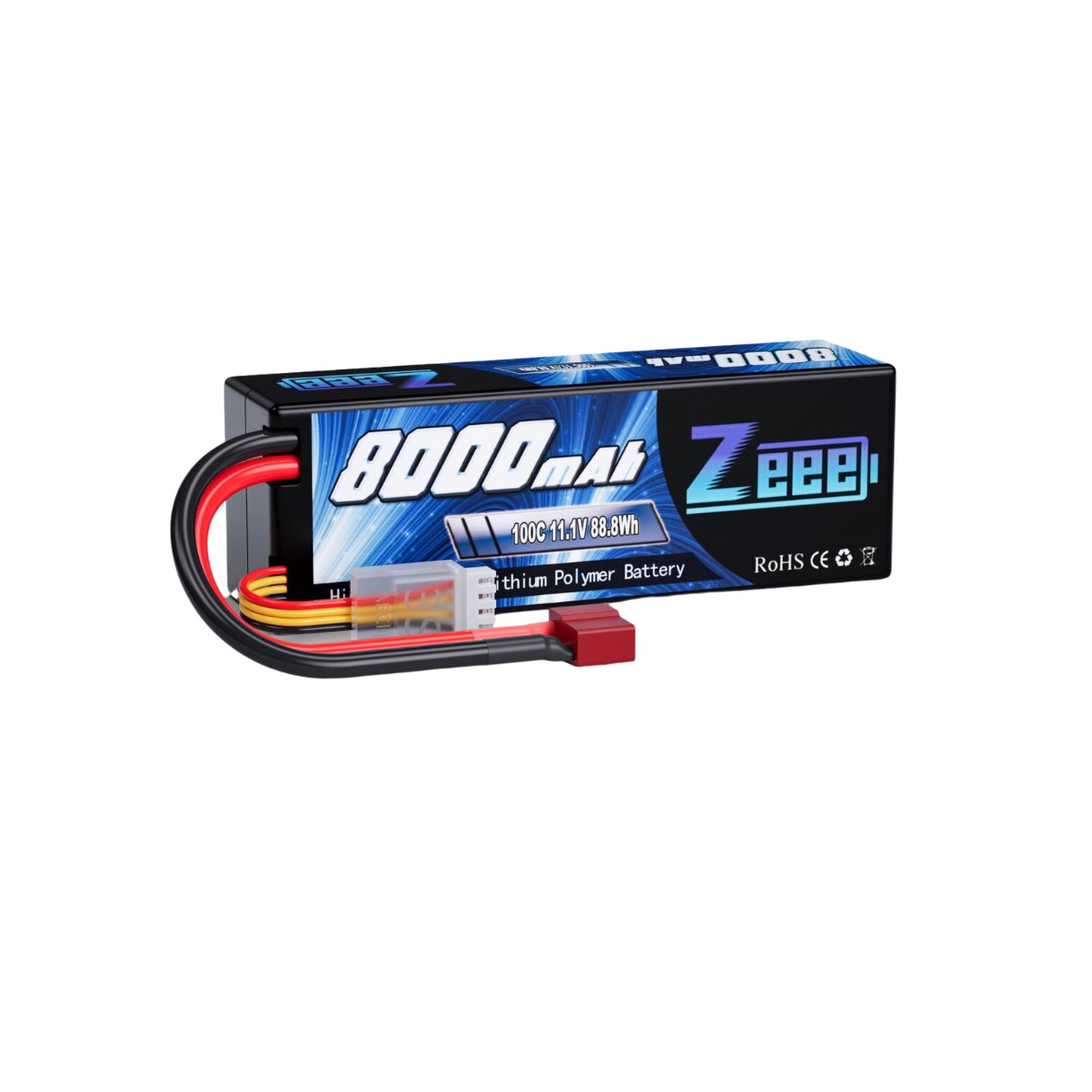

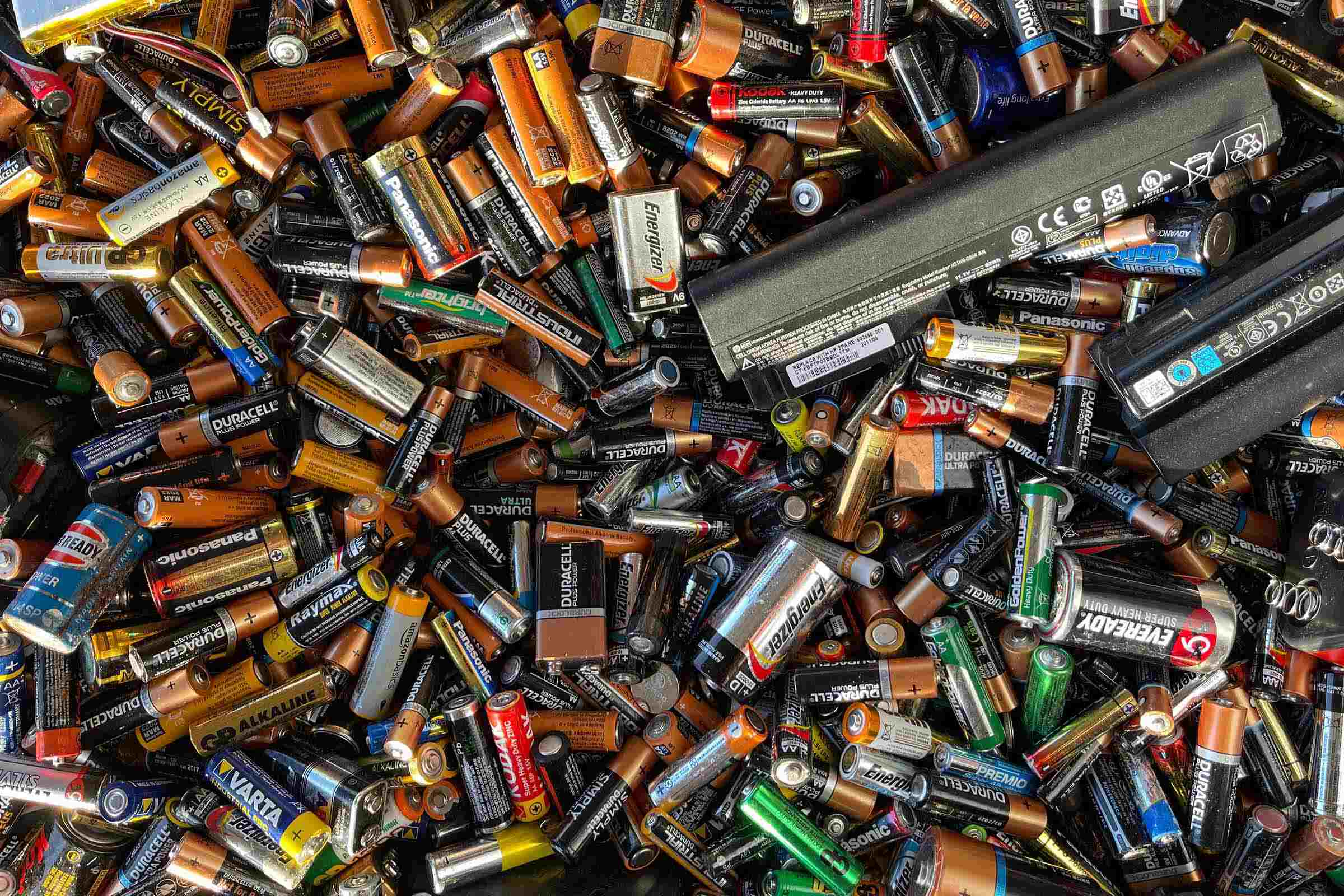
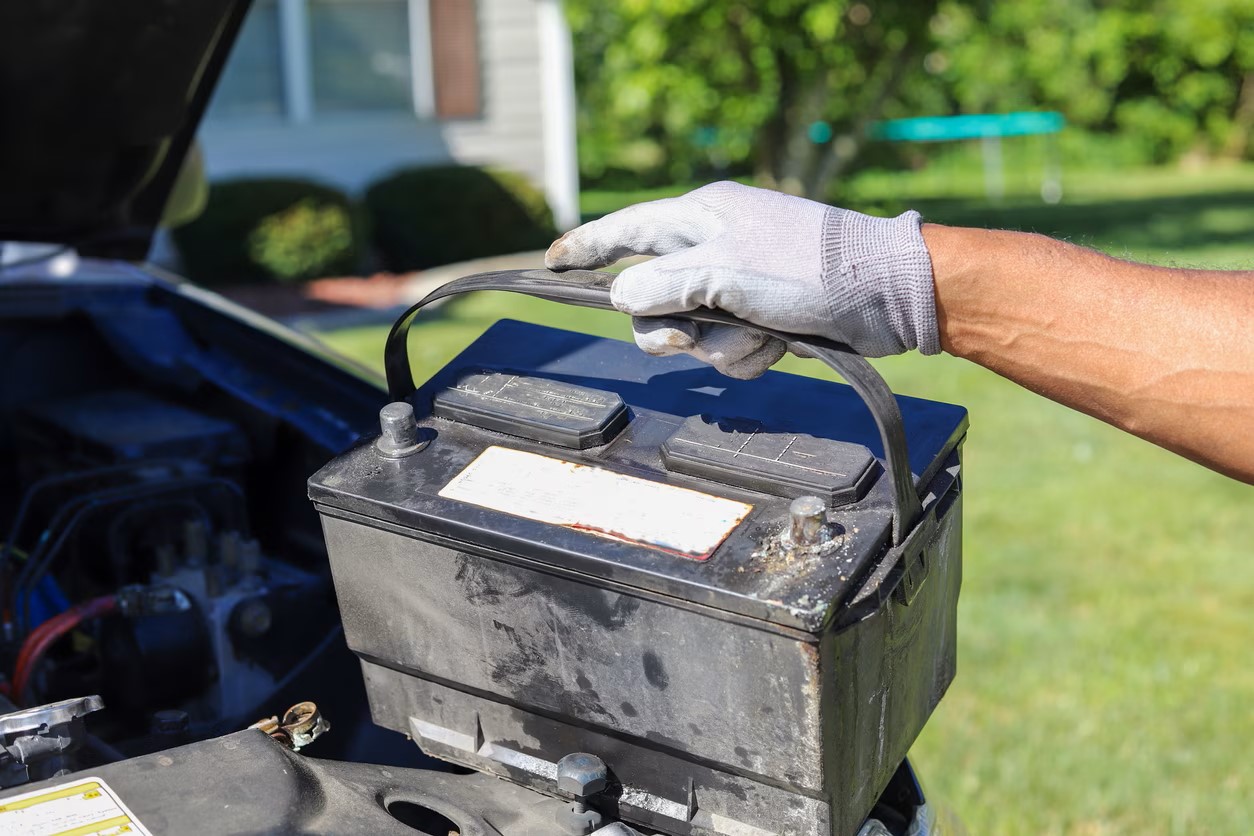
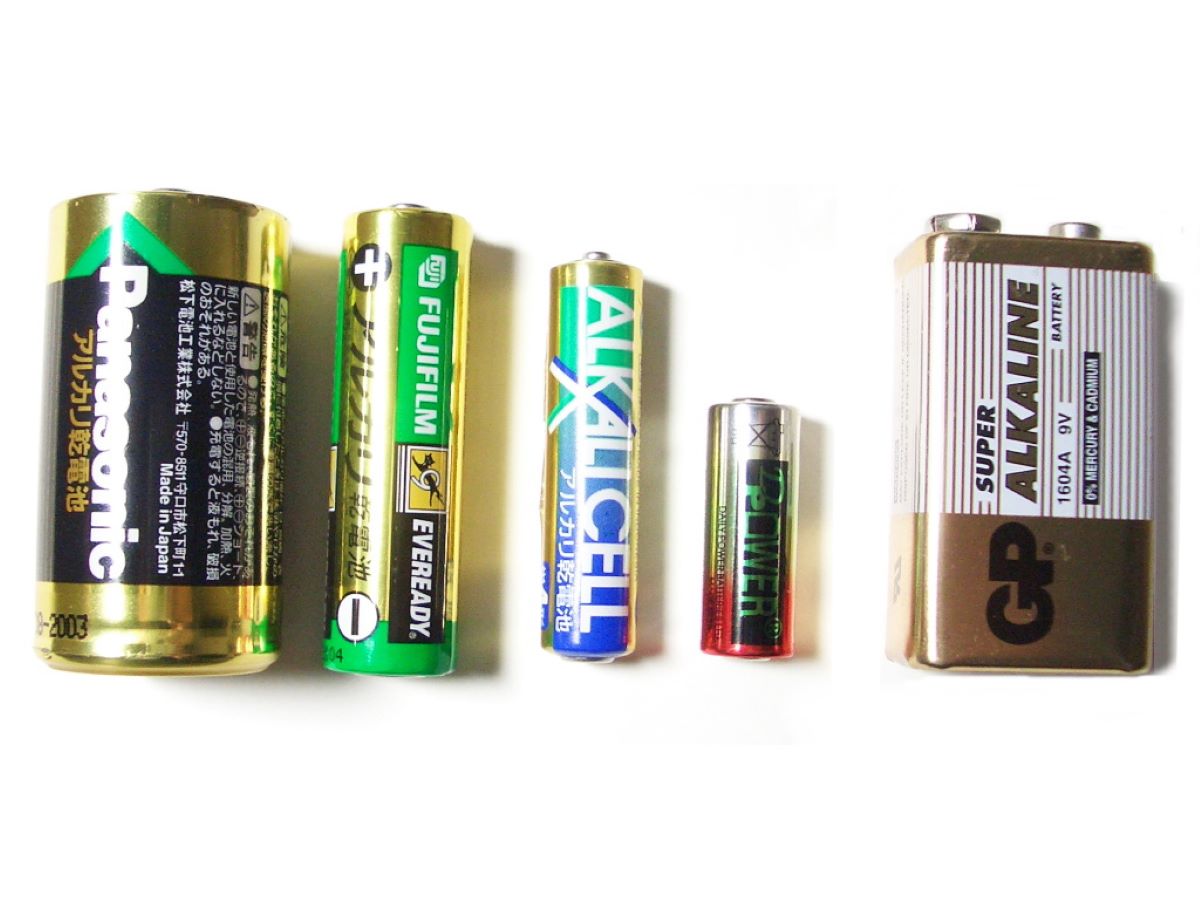

0 thoughts on “How To Store Hearing Aid Batteries”